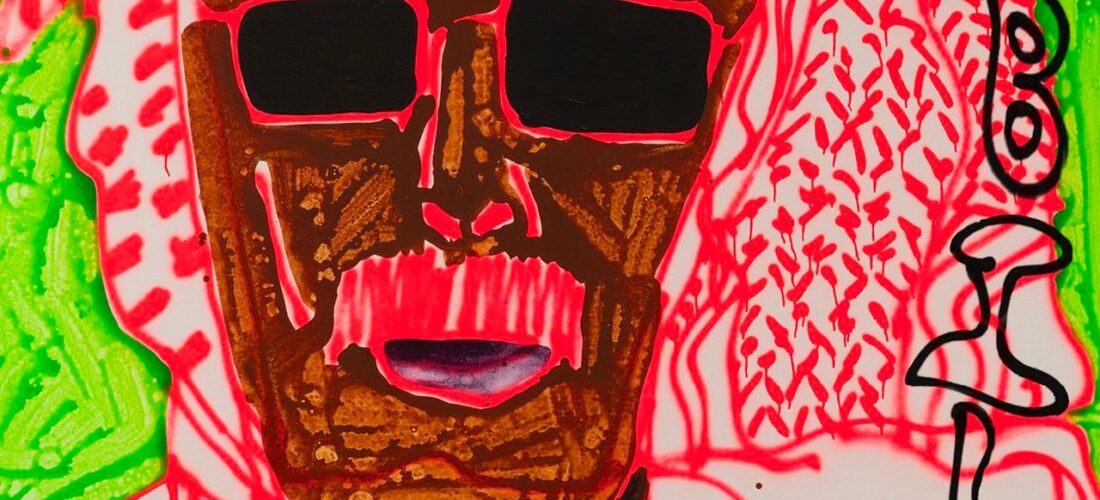It’s been a turbulent few years for dabke-techno king Omar Souleyman. In 2021 the Syrian singer was arrested in Urfa, the city in southeastern Turkey where he had been living and running a bakery since escaping Syria’s civil war in 2011. Accused of being a member of the Syrian Kurdish People’s Protection Units (YPG) militia, which authorities in Ankara consider a terrorist organization and an extension of the Kurdistan Workers’ Party (PKK), Souleyman was held for a little over 24 hours before being released without charges.
Aside from touching on themes of exile on recent albums, Souleyman’s music has never been overtly political (a choice that has sometimes drawn criticism from fellow Syrians). But growing up as a Sunni Arab in Syria’s culturally diverse al-Hasakah region, he absorbed Kurdish, Assyrian, and even Turkish and Iraqi influences, often singing in Kurdish and collaborating with Kurdish artists, such as his former longtime keyboard player Rizan Sa’id. Since leaving Turkey after his arrest, Souleyman has found a new home in Erbil, the capital of Iraq’s Kurdish Region, and it is to this ancient city—which, in contrast to the repressive regime in Turkey, offered him solace amid its diverse cultural milieu—that he dedicates his fifth studio album.
Erbil, his third full-length for Diplo’s Mad Decent (and one of over 500 albums overall, if you believe the lore), celebrates the new experiences and friendships that Souleyman encountered there. For non-Arabic speakers that’s hard to know, because the label supplies no lyrics or translations—a notable omission, considering Souleyman’s international audience. But in a way this follows the same patterns that have characterized his trajectory since he was first plucked from relative obscurity in Syria and presented to the rest of the world. For many, Souleyman may be the only dabke artist they ever come across. Decontextualized and inscrutable behind his dark sunglasses, he projects an aura of unknowability and distance.
Since Souleyman’s international breakthrough in 2007 with Sublime Frequencies’ compilation Highway to Hassake, he’s amassed hundreds of millions of YouTube views and become the face of dabke in the Western world, collaborating with a varied bunch of artists, from Björk to Gorillaz and Four Tet. On Erbil, he sticks to the time-tested formula that has propelled him thus far: his emotion-filled baritone gliding over a cascade of whirling saz lines, (mostly) electronic simulations of instruments such as oud, mijwiz, and arghul, and rock-solid, trance-inducing beats.
